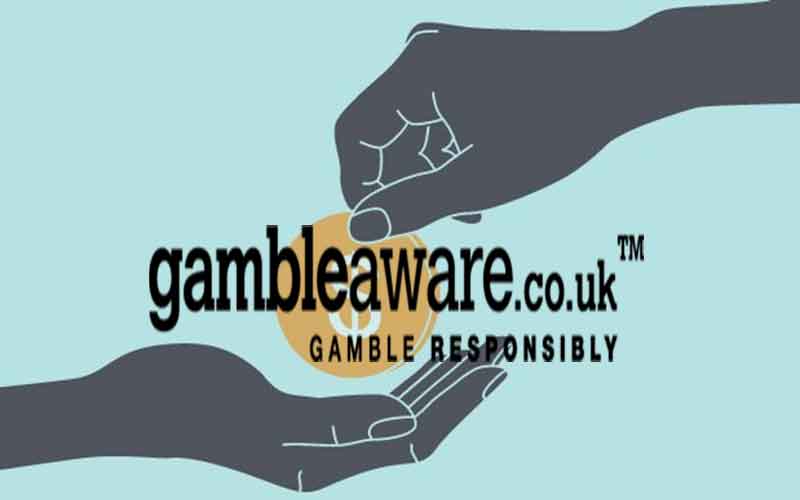New Gambling Levy to Fund NHS-Led Harm Prevention as GambleAware Closes Shop

The UK’s approach to addressing gambling-related harm is entering a new phase, with the introduction of a statutory levy that will fund research, education, and treatment through a public health-led model. This new system will be overseen by NHS England, the Office for Health Improvement and Disparities (OHID), and UK Research and Innovation (UKRI), with Scotland and Wales also managing local transitions. As part of this shift, GambleAware, which has been the leading charity in this space, is preparing for a managed closure by March 31, 2026.
The statutory levy is expected to raise £100 million annually, sourced directly from gambling operators at rates ranging from 0.1% to 1.1% of their gross gambling yield. These rates will depend on the nature of the gambling activity, as well as sector-specific risks and operational costs. Operators are required to make their first payments under this levy by October 1.
Looking Back at GambleAware’s Legacy
Founded in 2017, GambleAware has been at the heart of the UK’s gambling harm reduction ecosystem. The charity has been instrumental in funding national campaigns and commissioning critical support services, including the National Gambling Support Network (NGSN) and the National Gambling Helpline, which fields over 40,000 calls per year.
Its board noted that while the system is changing, GambleAware will continue fulfilling its commissioning responsibilities until the new framework is fully operational in April 2026. The trustees explained that the charity had long supported the idea of a statutory levy and viewed this transition as a natural evolution in how gambling harms are tackled in the UK. They also expressed pride in the charity’s impact over the years, citing the tens of thousands of people supported through campaigns and clinical partnerships.
As the organisation winds down, GambleAware urged the incoming commissioners to preserve and build upon the progress made so far. The goal, they said, is to ensure continuity and retain vital learnings as the sector moves into a new era.
Mixed Sector Reactions Fuel Transition Concerns
Government representatives have described the shift as an opportunity to enhance the UK’s capacity to prevent and treat gambling-related harm. Baroness Twycross, the Minister for Gambling, stressed the importance of maintaining uninterrupted services throughout the transition and said the new levy would strengthen and expand current efforts.
However, not all stakeholders are convinced. Jordan Lea, CEO of Deal Me Out, criticised the closure of GambleAware, calling it a troubling sign in what he described as a mishandled rollout of government policy. He pointed to recent job losses and said the charity’s closure, despite the dedication of its staff, reflected broader implementation failures.
Meanwhile, GamCare, another key service provider in the space, responded by saying it would seek immediate talks with NHS England and other relevant authorities to ensure a seamless transition for those currently receiving support. All eyes will be on how effectively this change preserves the progress made so far and whether the system can truly scale to meet growing challenges in the gambling sector.


